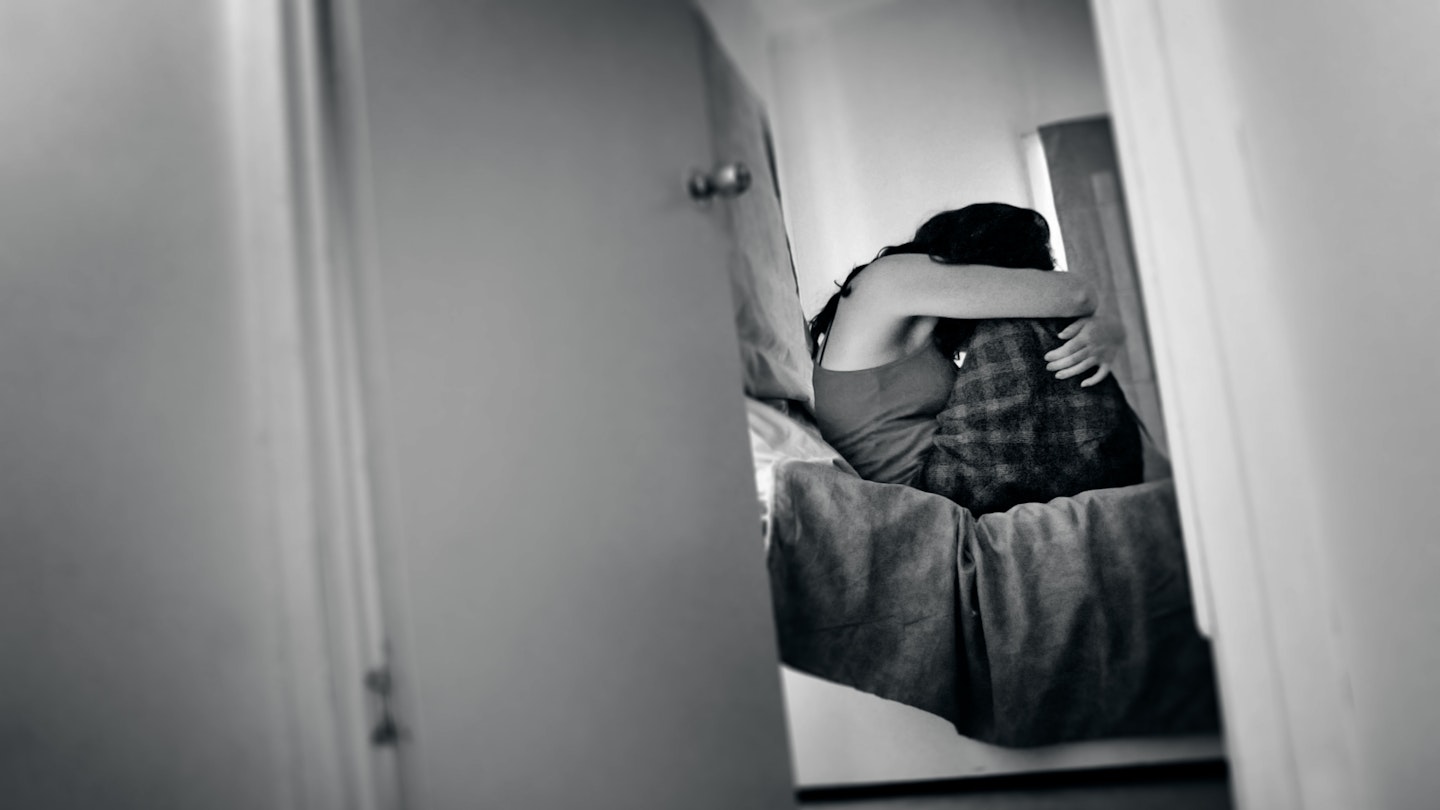In December 2015, a UK law was finally passed that made controlling and coercive domestic abuse a crime punishable of up to five years in prison.
Yet despite this new legislation, research by Women’s Aid has revealed that as many as two-thirds of women are uncertain what the term ‘coercive control’ actually means.
Even more shockingly, their research revealed that as many as a third of young women between the ages of 12-24 identified to having been in a controlling relationship.
So isn't about time we talk about coercive control – how it works and what we can do to help.
We spoke to Polly and Chlo at Women's Aid - who have just launched a free help and resourch website for women alongside beauty brand Avon, www.lovedontfeelbad.co.uk - about what coercive control is, how to spot the signs, ways to seek help and what the law means in terms of justice.
What is coercive control?
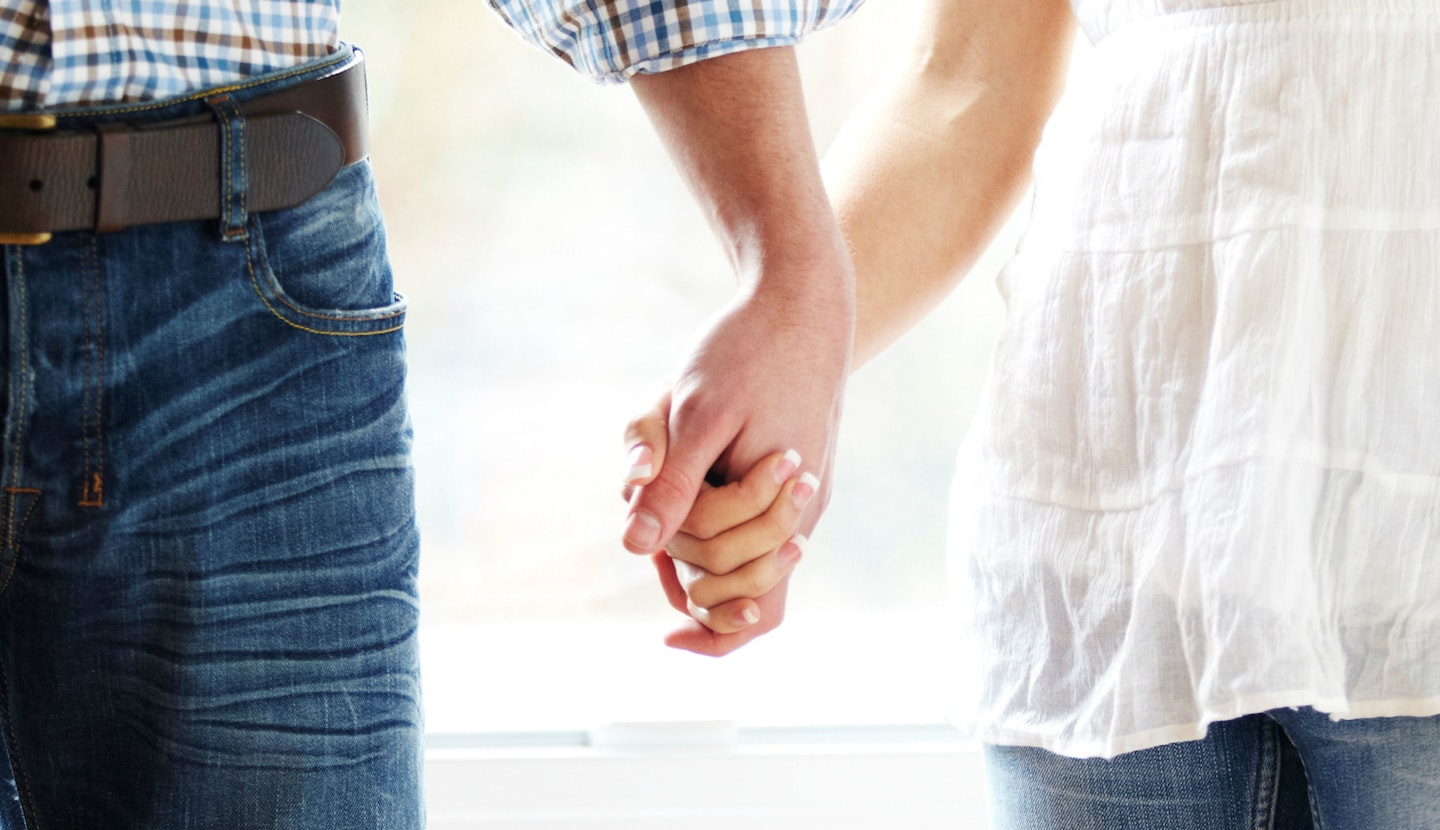
Like all forms of abuse, emotional abuse and exerting control over an individual can play out in many ways. As oppose to physical abuse (that may or may not be suffered by the victim as well), coercive control is a pattern of a behaviour that aims to restrict someone’s freedom, and can involve blackmail, being forceful, and installing fear.
Polly at Women’s Aid defines:
“Coercive control is a repeated pattern of behaviour that takes away the victims freedom.”
In day-to-day life this can include restricting who someone can talk to, who they can see, and where they go, even tracking their movements. If you're being made to account for your every move and action, this is controilling behaviour that simply isn't acceptable.
The scary thing about this pattern of behaviour is that victims may not realise that it’s wrong to begin with, or even that it’s overly controlling. Slowly the abuser can undermine a victim, and chip away at their self-confidence.
According to the results gathered by Women's Aid, only one in five women realised they were being controlled once the relationship had ended, and even more scarily, as many as one in 20 women thought that feeling of fear towards your partner was a 'normal' asepct of loving relationships.
Polly insists that all of these things together can have a serious impact on an individual, as they’re undermining, and that’s in itself is a form of emotional abuse.
What does the new Coercive Control law mean for sufferers?
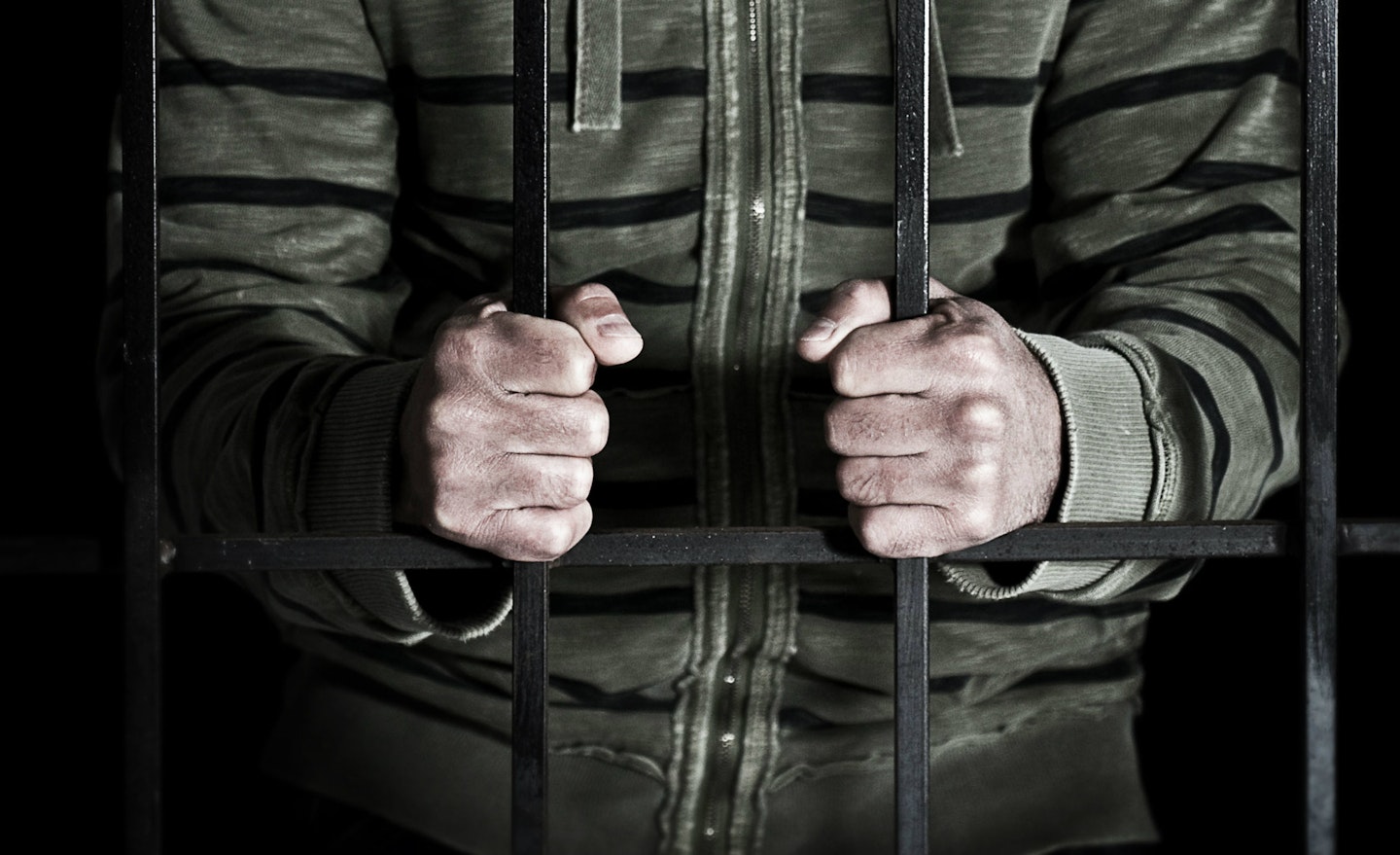
Essentially, the new legislation recognises emotional abuse as a crime in the same way as physical violence.
“The offence closes a gap in the law around patterns of controlling or coercive behaviour that occurs during a relationship between intimate partners, former partners who still live together or family members.
“This offence sends a clear message that this form of domestic abuse can constitute a serious offence particularly in light of the violation of trust it represents and will provide better protection to victims experiencing repeated or continuous abuse.
“It sets out the importance of recognising the harm caused by coercion or control, the cumulative impact on the victim and that a repeated pattern of abuse can be more injurious and harmful than a single incident of violence.”
Speaking abut the women she's come across and helped within her job, Polly from Women's Aid eloborates:
"What it means is that women do not have to experience a physical assault in order for the police to take them seriously.”
Finally, the law is recognising the extreme impact this coercive control can have, often with more lasting damage than the more 'visible' side of abuse.
Without downplaying the obvious seriousness of domestic violence, Polly recalls:
“In fact, some survivors tell us it [emotional abuse] can be worse than physical assault."
She stresses:
“It’s important to recognise that coercive control isn’t just an aspect of domestic abuse, it’s actually the heart of it.
“It’s at the centre of the most dangerous abusive relationships because it’s controlled by fear, and often the violence is a case of the women breaking out of that control, and when the perpetrator feels the loss of that control, that’s when the abuse can dramatically escalate and become extremely physically dangerous.”
A staggering 95% of domestic abuse survivors have reported experiencing coercive control, too.
What are the warning signs that yourself or a loved one is in a dangerously controlling relationship?

As noted above, any actions that tries to exert power over or restrict anybody, such as tracking their movements or forbidding them from talking to certain people, are key traits of an emotional and controlling abuser.
But sometimes, when you’re living through it, stepping away from your situation to see it from an outsiders perspective is near impossible. Especially when it’s a reality you don’t want to believe when yuo love somebody.
Moreover, when these little exertions of power slowly build up over time, you may not realised that they all add up to truly unacceptable behaviour.
Chlo from Women’s Aid warns to look out for extremely jealous partners from the onset.
If you noticed that you’ve becoming more and more isolated, and have been restricted from seeing the people you’re closest too, these should be warning signs that something isn’t right.
In fact, if someone is trying to control any aspect of your life - what you eat, how you dress, the TV shows you watchh - it's not a positive sign.
If your partner is making you - or a loved one - feel guilty about not doing exactly what they request, they they're purposefully inflicting some kind of control.
"Maybe it's monitoring your social media, maybe it's telling you what to wear."
Remember, you're entitled to your own life your own choices, anyone who makes you feel otherwise should shouldn't be welcome in your life.
What should you do if you suspect someone close to you is a victim of coercive control?
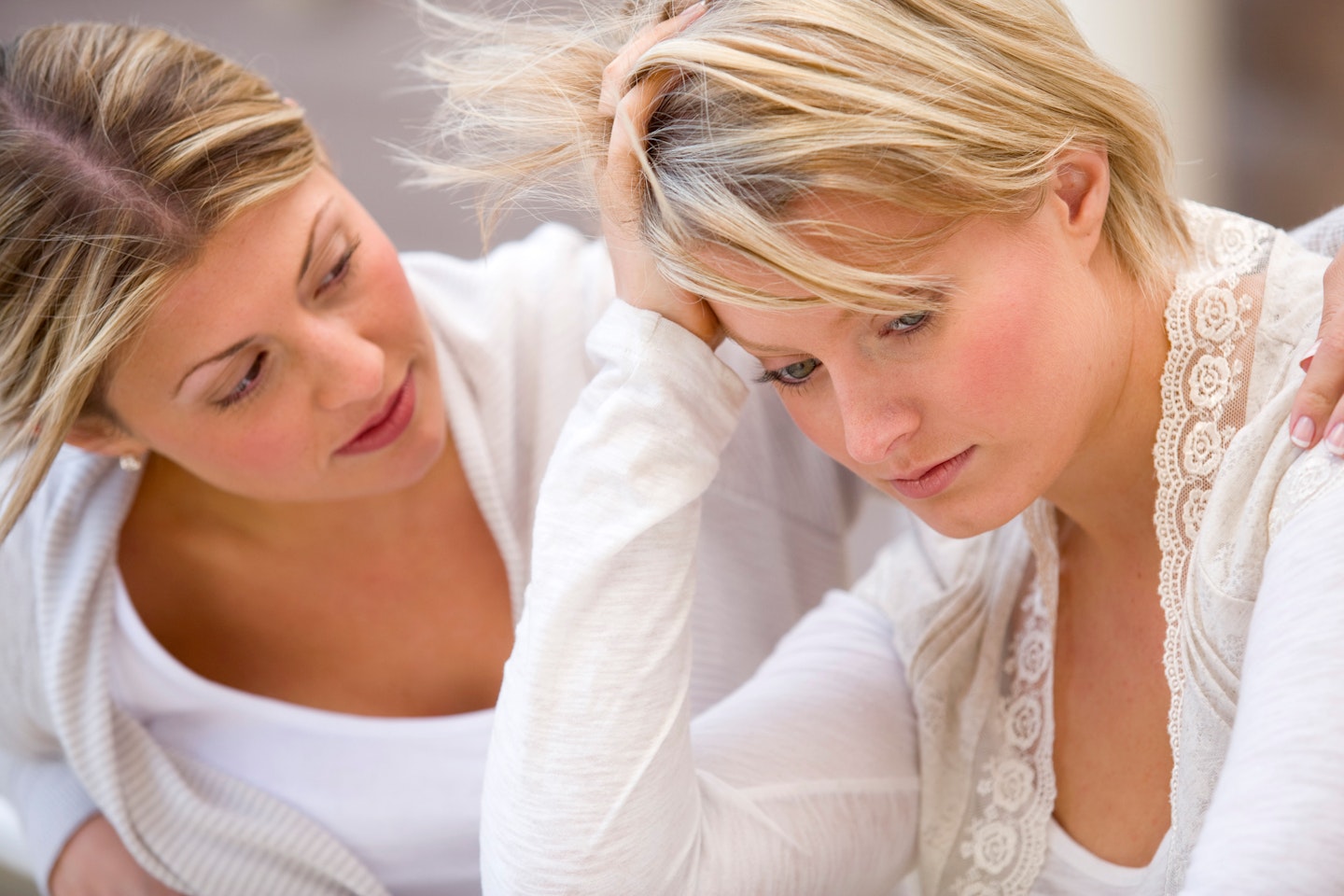
Although you may be scared to approach the subject, it's important to talk to loved ones who you suspect may be suffering. Remember, many people may not even realise that it's happening to them, especially when they’re unfamiliar with a term to associate with their experience, or believe how their partner treats them is the norm.
Women’s Aid insist: “Understand that this person might not be ready to leave their partner immediately, and even more importantly, that suddenly putting an end to the relationship may put them in danger."
Don’t pressure people into sudden action if they’re not ready.
Offer your support, and make sure they know they can trust you, and give them avenues to seek help for themselves.
Chlo states: “Make sure that person knows they are believed, and that it’s not their fault. Inform them that there is support out there and people they can talk to.”
Websites like www.lovedontfeelbad.co.uk offer great support to both those living in emotionally abuse relationships, and their friends and family.
Make support groups and outlets like this known to the loved one you’re worried about. Whether they look at it the next day or the next month, they will hopefully remember where to turn once they reach breaking point. Knowledge really can be power.
Polly says: “There is also the national domestic advice helpline (www.nationaldomesticviolencehelpline.org.uk) staffed by trained professionals who can provide advice on recognising an abusive relationship.
“They will never blame and they will never question, they always believe you but they can also provide advice on safely escaping an abusive relationship as well, which is important.”
Be reassuring and let them know you’re not judging them and you don’t think they’re foolish or at fault for ending up in this situation.
How can we help educate women on what is normal behaviour?
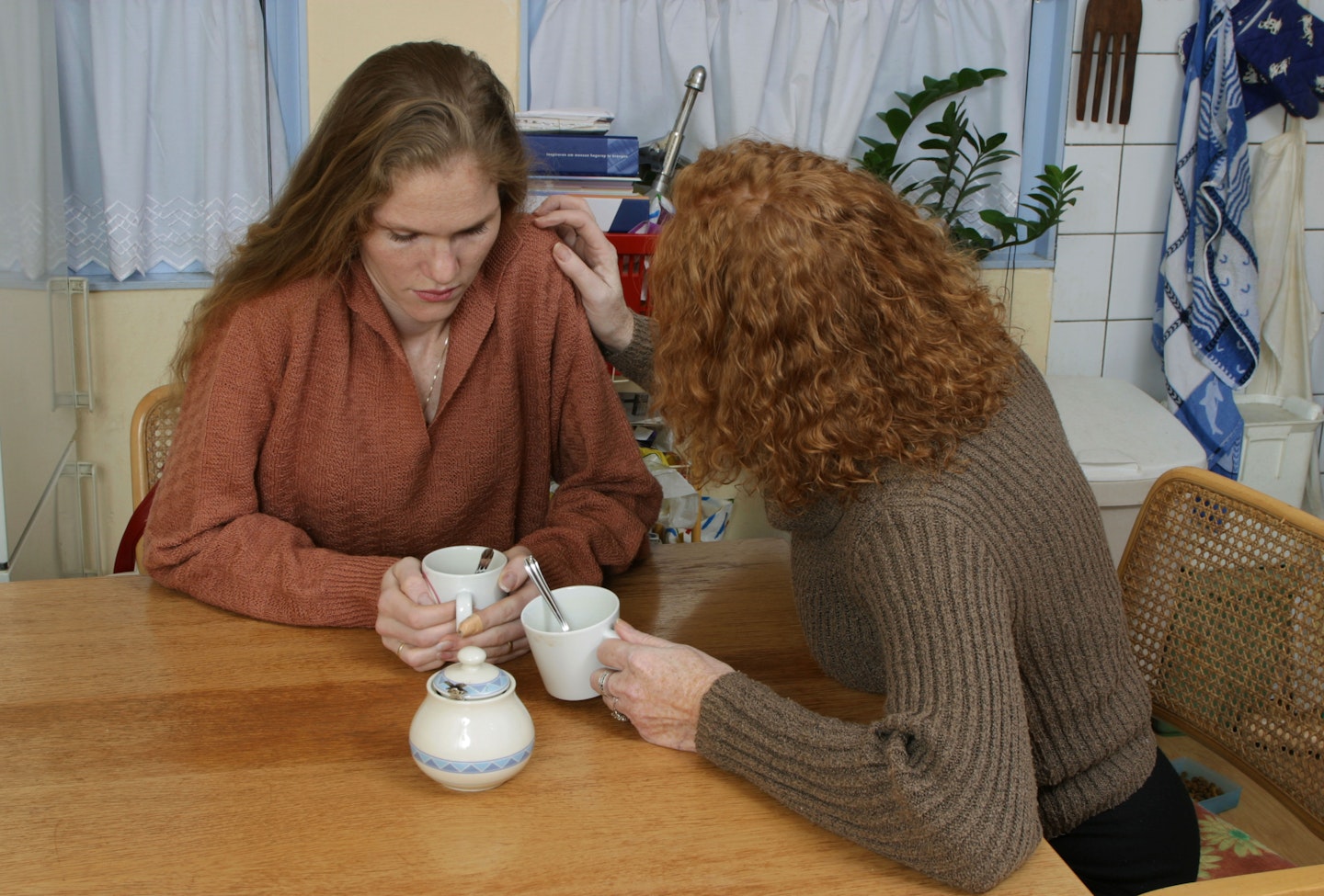
What’s essential is teaching people that this kind of behaviour – being controlling, possessive, jealous – is not a token of love or affection. It’s abuse. It's not the norm, and it's not okay.
Polly says:
“If you look at popular culture, music videos for example, they often portray and glamourize what is actually a desire to control women. Over many years culture has romanticised this kind of behaviour.”
This is why the new Coercive Control law is so essential – it voices the rigid rule that controlling another human is wrong, unacceptable and will be punished.
Victims can indentify their experience, access help, find other people to talk too and most importantly seek justice for the abuse they've suffered.
Where can people go for help?
Avon and Women’s Aid have launched www.lovedontfeelbad.co.uk, featuring films and free resources for young women to raise awareness of what coercive control means, recognise unhealthy behaviour in their own and their friends’ relationships, and find help where necessary.
Women's Aid, www.womensaid.org.uk, 0808 2000 247 24.
